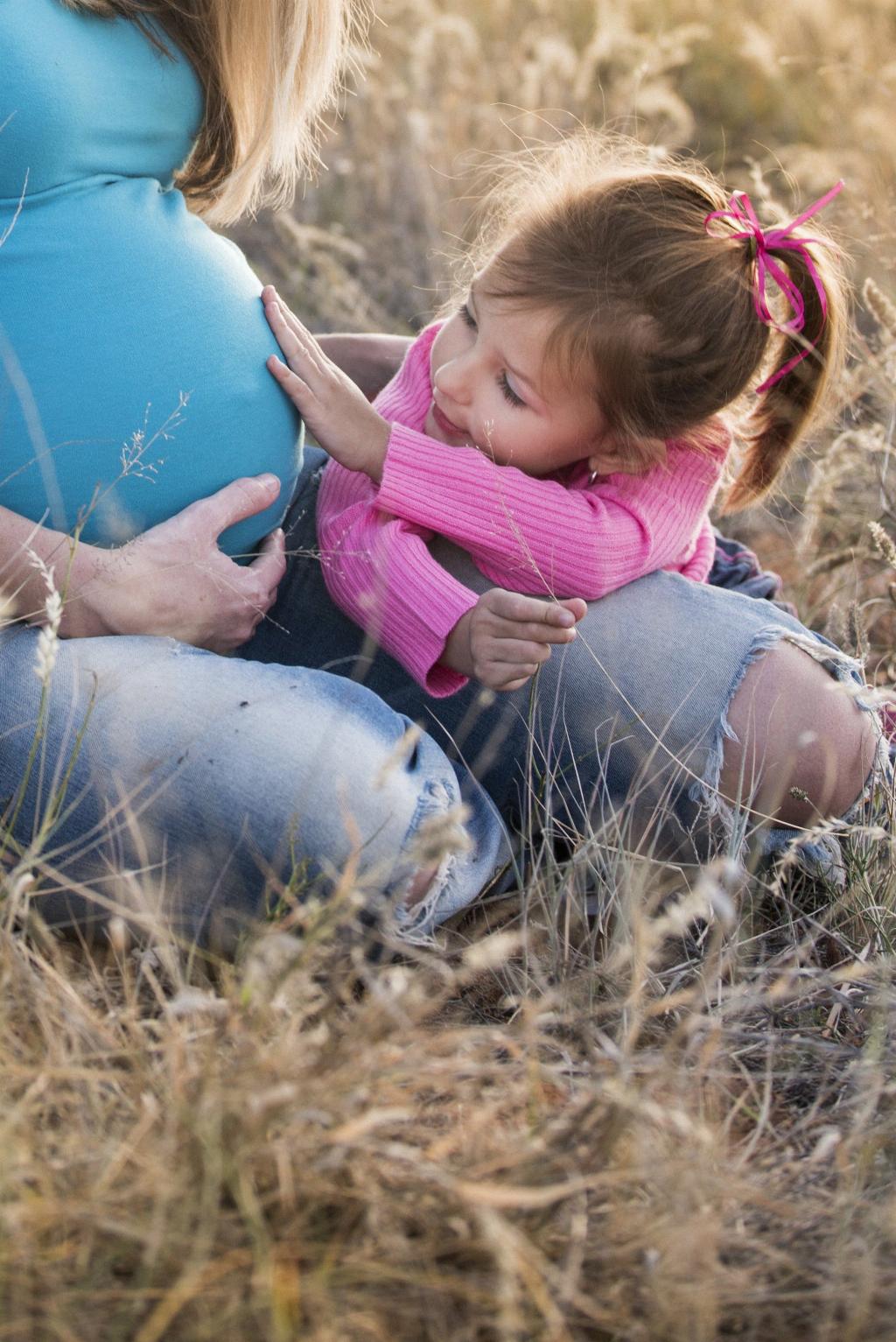During pregnancy, many changes occur in a woman’s body, some of which may come as a surprise. One common but often overlooked symptom is the occurrence of dry eyes. This condition, known as dry-eye syndrome, can be a result of hormonal changes that take place during pregnancy.
The hormonal fluctuations that happen during pregnancy can have a direct impact on the production and composition of tears in the eyes. As a result, pregnant individuals may experience a decrease in tear production, leading to insufficient lubrication of the eyes.
When the eyes lack an adequate amount of lubrication, they can become dry and irritated. This can cause symptoms such as a feeling of grittiness, redness, itching, and even sensitivity to light. These discomforts can be particularly bothersome for pregnant individuals who are already dealing with a myriad of other physical and emotional changes.
It’s important to note that dry-eye syndrome is not limited to just the first pregnancy. While some individuals may not experience this symptom during their initial pregnancy, they may develop it in subsequent pregnancies. This suggests that hormonal changes play a significant role in the onset of dry eyes during gestation.
Additionally, the increased blood volume that occurs during pregnancy can lead to swelling in various parts of the body, including the eyes. This swelling can put pressure on the tear glands, further affecting the production and distribution of tears, contributing to the development of dry eyes.
It’s crucial for pregnant individuals experiencing dry-eye symptoms to seek guidance from an eye care professional. While dry eyes may be a common occurrence during pregnancy, it’s essential to rule out any other underlying eye conditions that could be exacerbating the symptoms.
There are several measures that can be taken to alleviate dry eyes during pregnancy. Using artificial tears, or lubricating eye drops, can help provide the necessary moisture to the eyes. It’s important to opt for preservative-free drops to avoid any potential irritation.
Furthermore, maintaining proper hydration by drinking an adequate amount of water can help improve overall tear production and eye lubrication. Eating foods rich in omega-3 fatty acids, such as salmon or flaxseeds, can also support eye health and alleviate dry-eye symptoms.
Avoiding environmental factors that can worsen dry eyes, such as exposure to smoke, wind, or dry air, is crucial. Using a humidifier in the bedroom or workspace can help maintain optimal humidity levels and prevent excessive evaporation of tears from the eyes.
In conclusion, dry eyes can indeed be a symptom of pregnancy, attributed to hormonal changes and increased blood volume. While this condition may pose discomfort, it can be managed effectively through proper eye care, hydration, and environmental modifications. Seeking professional guidance is key in ensuring the health and comfort of the eyes during this transformative period.

